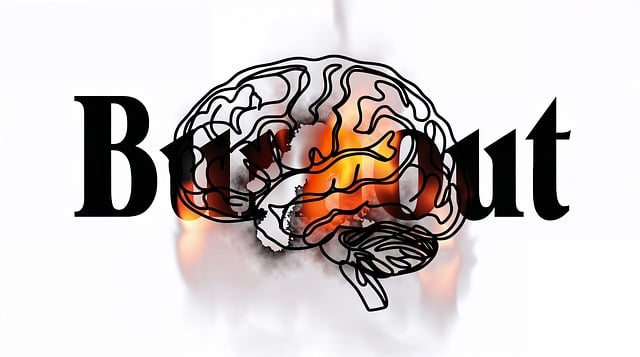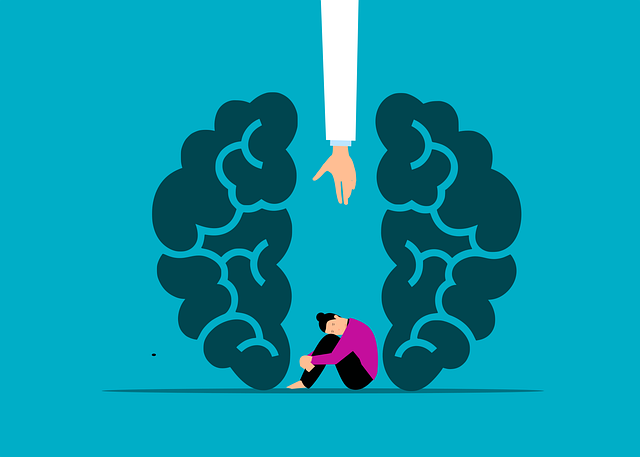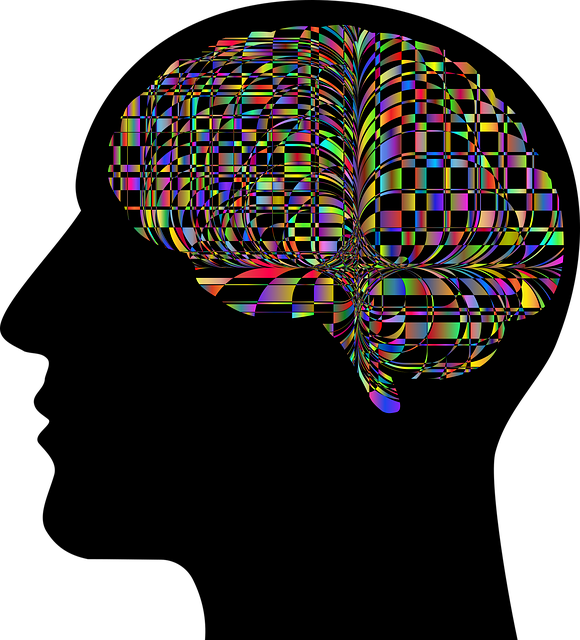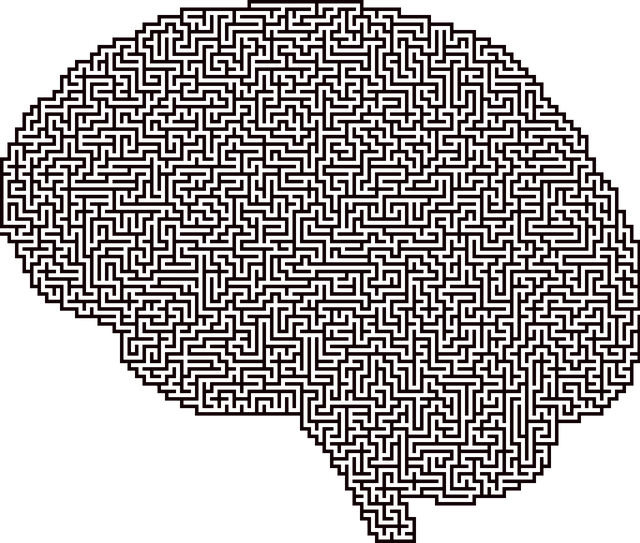Public awareness campaigns play a vital role in educating communities about mental health conditions like ADD and ADHD, reducing stigma, and encouraging early intervention. Initiatives such as Centennial ADD-ADHD Therapy have revolutionized understanding and treatment, integrating diverse therapeutic methods including emotional intelligence. Effective public awareness strategies involve multi-channel communication and tailored content, leveraging social media to reach broad audiences and foster discussions. Measuring success through metrics like online conversations and qualitative feedback ensures campaign relevance and impact, driving positive societal changes in mental health perception and response.
Public awareness campaigns play a pivotal role in educating communities about mental health issues, including conditions like ADD/ADHD. As we explore these initiatives’ development, we shine a light on historic treatments, such as Centennial ADD-ADHD therapy, to understand progress and impact over time. This article delves into strategies for creating effective campaigns that engage diverse audiences, leveraging digital media’s power while measuring success through evaluation metrics. By analyzing these aspects, we aim to enhance public understanding and the overall well-being of affected individuals.
- Understanding Public Awareness: The Role of Education in Mental Health
- Centennial ADD-ADHD Therapy: A Historical Perspective and its Impact
- Designing Effective Campaigns: Strategies for Engaging Diverse Audiences
- Leveraging Digital Media: Social Platforms and Their Influence on Public Perception
- Measuring Success: Evaluating the Impact and Effectiveness of Awareness Initiatives
Understanding Public Awareness: The Role of Education in Mental Health

Public awareness campaigns play a pivotal role in educating communities about mental health, including conditions like Attention Deficit Disorder (ADD) and ADHD, which significantly impact individuals’ daily lives. By fostering understanding, these initiatives dispel myths and reduce stigma, encouraging early intervention and improved outcomes. Education serves as a powerful tool to empower both the affected individuals and their support networks.
Through targeted campaigns, healthcare providers can offer valuable insights into managing symptoms, promoting self-esteem improvement, and providing anxiety relief. Implementing Cultural Competency Training for healthcare professionals ensures that they can connect with diverse communities effectively, addressing unique cultural perspectives on mental health. This approach fosters trust and encourages individuals to seek the support they need, ultimately contributing to a more inclusive and supportive society, including access to Centennial ADD-ADHD Therapy and related services.
Centennial ADD-ADHD Therapy: A Historical Perspective and its Impact

The development of Centennial ADD-ADHD Therapy marks a significant historical shift in how we understand and treat Attention Deficit Disorder (ADD) and Attention Deficit Hyperactivity Disorder (ADHD). This evolution has been pivotal, leading to improved mental health education programs designed to raise awareness about these neurodiversities. Over the centuries, our approach has moved from stigmatization to acceptance, integrating various therapeutic methods. The integration of emotional intelligence in these practices has been transformative, emphasizing the importance of understanding and managing emotions for both individuals with ADD/ADHD and those supporting them.
This historical perspective highlights the continuous need for burnout prevention strategies for healthcare providers, ensuring sustained care quality. As we navigate the future, ongoing research into Centennial ADD-ADHD Therapy will undoubtedly contribute to more effective treatment plans, enriching the lives of those affected by these conditions worldwide.
Designing Effective Campaigns: Strategies for Engaging Diverse Audiences

Designing engaging public awareness campaigns for diverse audiences is an art and a crucial aspect of successful advocacy. When it comes to topics like Centennial ADD-ADHD Therapy, reaching a wide range of individuals with varying backgrounds and needs requires creativity and adaptability. An effective strategy involves incorporating multiple communication channels and tailoring content to resonate with different demographics. For instance, while raising awareness about burnout prevention, a campaign can utilize social media platforms to target young adults, offering tips on stress management through interactive videos and podcasts. Simultaneously, reaching older working professionals could involve hosting workshops or webinars focused on mental wellness coaching programs development.
Diverse audiences also have varying preferences for information consumption. Some may prefer in-depth articles, while others engage better with infographics or short, catchy videos. Incorporating a mix of media formats ensures that the message reaches as many people as possible. Moreover, addressing universal themes like conflict resolution techniques can be appealing to diverse groups by emphasizing their applicability in everyday life and various social contexts.
Leveraging Digital Media: Social Platforms and Their Influence on Public Perception

In today’s digital era, leveraging social media platforms has become a powerful tool for public awareness campaigns, particularly when it comes to mental health initiatives like Centennial ADD-ADHD Therapy. These platforms offer a direct line to vast audiences, enabling organizations to share valuable information and foster discussions around complex issues. By creating engaging content that resonates with users, campaigns can build a community of advocates who actively contribute to shaping public perception.
Social media’s influence on perception is significant, especially when it comes to sensitive topics like ADHD. It provides a space for individuals to share their personal stories, offering a glimpse into the daily challenges and triumphs of living with this condition. This authentic representation empowers users, helping them develop coping skills and nurturing their inner strength. Through targeted campaigns that focus on emotional healing processes, social media can facilitate a deeper understanding, reduce stigma, and encourage those affected to seek support.
Measuring Success: Evaluating the Impact and Effectiveness of Awareness Initiatives

Measuring success is an integral part of any public awareness campaign, especially when addressing complex topics like Attention Deficit Disorder (ADD) and ADHD. Evaluating the impact involves assessing how well the initiative raises awareness, shifts perceptions, and influences behavior change. This process requires a multi-faceted approach to understand the reach and effectiveness of the campaign. One way to gauge success is by tracking the volume and engagement of online conversations related to Centennial ADD-ADHD Therapy, indicating increased visibility and understanding.
Additionally, qualitative feedback from participants in these campaigns can provide valuable insights. For instance, Self-Care Routine Development for Better Mental Health initiatives might reveal improved emotional regulation skills among individuals who engage with campaign materials. By collecting and analyzing such data, developers of public awareness campaigns can refine strategies to better serve their intended audiences. This iterative process ensures that campaigns remain relevant, impactful, and aligned with the needs of those they aim to support, ultimately fostering positive changes in society’s understanding and response to mental health challenges.
The development of public awareness campaigns plays a pivotal role in shaping societal understanding and support for various issues, including mental health. As highlighted by the historical perspective on Centennial ADD-ADHD Therapy, education and awareness have the power to dispel myths and foster empathy. By leveraging digital media and employing engaging strategies, we can effectively reach diverse audiences, as seen with successful campaigns that target mental health initiatives. Measuring success through evaluation ensures these efforts remain impactful and tailored to community needs. This comprehensive approach, inspired by past advancements like Centennial ADD-ADHD Therapy, is crucial in creating a more informed and supportive society.














